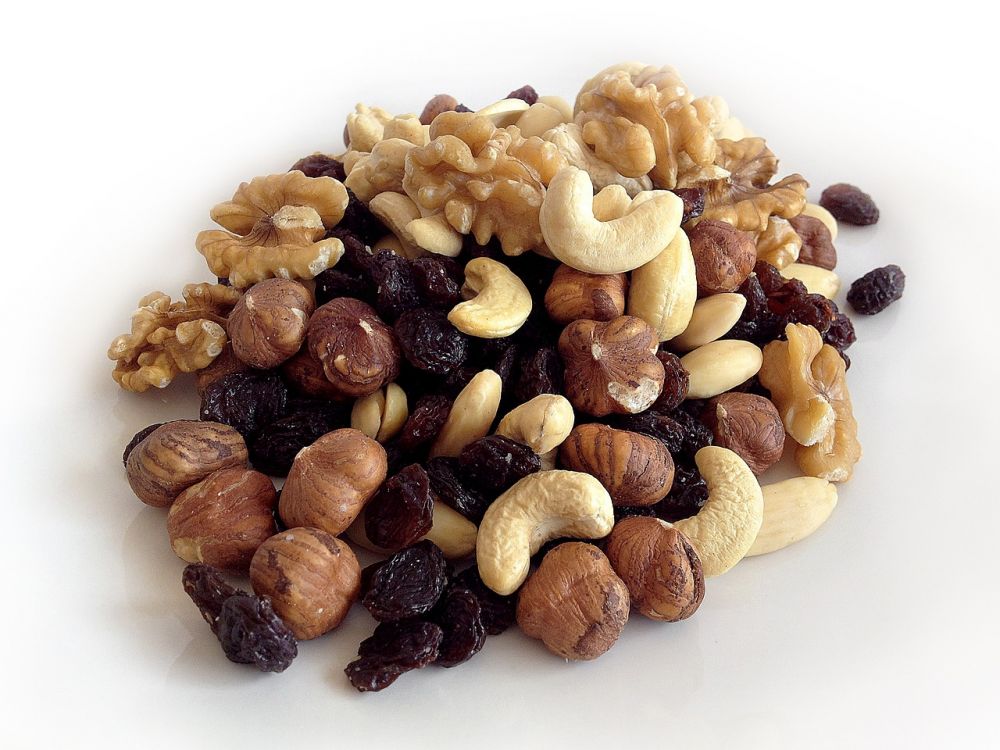Sport Health: The Key to Unlocking Your Athletic Potential

Introduction:
Sport health is a concept that encompasses the intersection of sports and overall well-being. It focuses on optimizing physical and mental fitness, preventing injuries, enhancing performance, and promoting overall health and longevity. Whether you are a dedicated athlete or simply interested in maintaining an active lifestyle, understanding the principles of sport health is crucial for achieving and sustaining optimal well-being. In this article, we will delve into the world of sport health, exploring its historical evolution as well as the importance of this field for individuals passionate about sports.
Historical Development:

Sport health has witnessed a remarkable evolution over time. In ancient cultures, sports were primarily associated with displays of strength and agility. However, as civilization advanced, the recognition of the link between physical activity and overall health grew. In the early 20th century, pioneers like Dr. Dudley A. Sargent laid the foundation for modern sports medicine, emphasizing the importance of exercise in preventing diseases. Today, sport health has become a multidisciplinary field, incorporating scientific research, advanced training techniques, and cutting-edge technology to optimize athletic performance and promote well-being.
Understanding Sport Health Today:
Sport health encompasses several key aspects that are vital for individuals interested in this field:
1.
Physical Conditioning:
Maintaining a well-rounded physical fitness regimen is essential for athletes and sports enthusiasts alike. Regular cardiovascular exercises, strength training, flexibility exercises, and endurance workouts enable athletes to excel in their respective sports while decreasing the risk of injuries.
2.
Nutrition and Hydration:
A balanced diet with appropriate caloric intake and macro- and micronutrient composition fuels an athlete’s training regimen and optimizes physical performance. Hydration before, during, and after intense physical activity is also critical for preventing dehydration and performance decline.
3.
Injury Prevention and Rehabilitation:
Understanding proper warm-up techniques, stretching protocols, and safe training practices can help mitigate the risk of sports-related injuries. Additionally, post-injury rehabilitation protocols facilitate faster recovery and return to sports.
4. Mental Well-being: Psychological factors play a pivotal role in sporting success. Strategies such as goal setting, visualization techniques, stress management, and fostering a positive mindset are integral to mental well-being and peak performance.
5. Sports Psychology: Delving deeper into the mental aspect of sports, sports psychology examines the psychological factors that influence athletic performance. It explores topics such as motivation, concentration, self-confidence, and managing pressure to unlock an athlete’s full potential.
6.
Sports Performance Analysis:
Leveraging technological advancements, sports performance analysis involves the use of tools like video analysis, GPS tracking, and data analytics to optimize training methodologies, identify areas for improvement, and enhance overall performance.
Now, let’s take a closer look at each of these aspects.
Physical Conditioning:
To excel in any sport, athletes must engage in physical conditioning tailored to their specific needs. Here are some key elements to consider:
– Cardiovascular exercises, such as running, swimming, or cycling, improve endurance and overall cardiovascular health.
– Strength training, including weightlifting and resistance exercises, enhances muscle strength, power, and explosiveness.
– Flexibility exercises, like yoga or stretching routines, improve range of motion, prevent muscle strains, and promote overall flexibility.
– Endurance workouts, such as long-distance running or rowing, allow athletes to perform at a high level for extended periods.
Nutrition and Hydration:
Proper nutrition and hydration are essential for athletes to fuel their bodies effectively. Key considerations include:
– Consuming a balanced diet rich in lean proteins, complex carbohydrates, and healthy fats supports muscle growth, repair, and recovery.
– Adequate calorie intake should match an athlete’s energy needs to maintain optimal performance.
– Hydration is critical for sports performance. Athletes should drink enough water before, during, and after exercise to prevent dehydration and ensure optimal physiological functioning.
Injury Prevention and Rehabilitation:
Preventing injuries is crucial for athletes. Here are some tips for minimizing the risk of sports-related injuries:
– Warm-up routines increase blood flow, loosen muscles, enhance flexibility, and prepare the body for intense physical activity.
– Stretching exercises, both static and dynamic, reduce muscle stiffness and maintain range of motion.
– Training practices should be tailored to each individual’s abilities, gradually increasing intensity to avoid overexertion and minimize injury risk.
– In case of injuries, a comprehensive rehabilitation plan involving physical therapy, rest, and specialized exercises is necessary for effective recovery.
Mental Well-being and Sports Psychology:
The mental aspect of sports plays a significant role in an athlete’s performance. Here are some key elements to focus on:
– Goal setting helps athletes stay focused and motivated, allowing them to track progress and work towards specific targets.
– Visualization techniques, where athletes mentally visualize their desired outcomes, enhance performance and confidence.
– Stress management strategies, such as deep breathing exercises and meditation, enable athletes to stay calm under pressure.
– Cultivating a positive mindset and self-belief is crucial for maintaining confidence and performing at peak levels.
Sports Performance Analysis:
Leveraging technological advancements allows athletes and coaches to analyze sports performance more comprehensively:
– Video analysis enables athletes to review their technique, identify flaws, and make necessary adjustments.
– GPS tracking provides valuable data on speed, distance covered, and acceleration, facilitating performance optimization.
– Data analytics tools help identify patterns, track progress over time, and highlight areas for improvement.
Conclusion:
Sport health is an ever-evolving field that encompasses physical conditioning, nutrition, injury prevention, mental well-being, sports psychology, and sports performance analysis. By paying attention to these aspects, athletes and sports enthusiasts can optimize their performance, prevent injuries, and achieve overall well-being. Embracing sport health as a way of life opens the doors to unlocking your athletic potential and attaining the highest level of physical and mental fitness. So, whether you are a seasoned athlete or someone who simply enjoys staying active, embracing sport health principles will undoubtedly enhance your overall performance and quality of life.





















